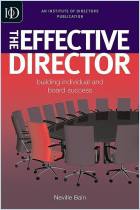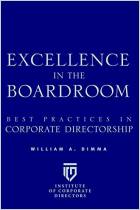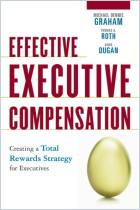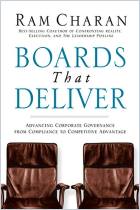Anyone involved in compensation issues will want to keep this handbook nearby. The author wrote it mainly for directors who serve on the compensation committees of publicly traded firms. But the book raises issues and advocates practices that many company managers should consider. Though much of the book is quite technical, this basic survey of compensation issues is appropriate for a broad professional audience. getAbstract recommends it as a good first step toward more equitable and effective pay practices.
Forming the Compensation Committee
Directors of public companies who chair compensation committees sit on a hot seat. This is the most complex job any director can have. Chairs of compensation committees must balance their duties to shareholders, management and other directors while ensuring that their companies achieve regulatory compliance in setting, paying and disclosing compensation.
An effective compensation committee has core precepts. It is properly organized and operated. The members are competent independent members who stay informed of laws, regulations and company matters relevant to compensation. They emphasize reasonableness in pay decisions and provide a convincing rationale for their decisions to shareholders.
Effective compensation committees also communicate their actions clearly and frequently to anyone who needs to know. These committees determine the benchmark compensation levels within their companies’ industries through research. They keep clear and informative minutes of their meetings, discussions and decisions. This is serious business. Compensation management affects not only a company’s performance but also its exposure to lawsuits...
James F. Reda has more than 15 years of experience in consulting on compensation issues and is president of his own firm. Stewart Reifler is an expert in negotiating and structuring all issues around executive employment. Laura G. Thatcher is head of the executive compensation practice at Alston & Bird.






















Comment on this summary or Diskussion beginnen